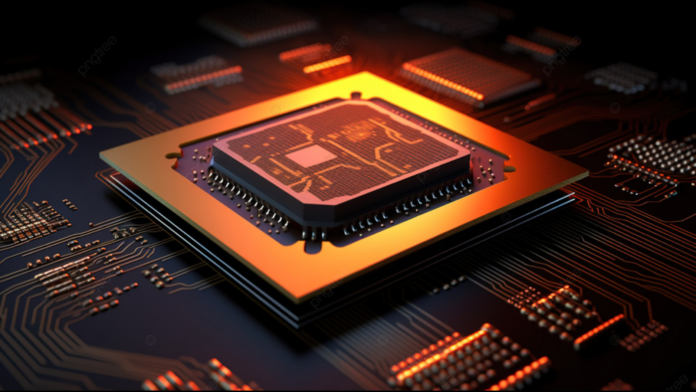In a remarkable development in the AI industry, OpenAI has agreed to invest a significant $51 million in the purchase of innovative AI chips from Rain, a startup that has garnered attention not only for its technology but also for its backing by OpenAI’s CEO Sam Altman. This decision reflects a strategic move by OpenAI to diversify and strengthen its technological base, particularly in the realm of AI processing.
Rain, a startup located just a stone’s throw away from OpenAI’s headquarters in San Francisco, is at the forefront of developing what it terms as neuromorphic processing units (NPUs). These NPUs are designed to emulate human brain functionalities, potentially revolutionizing the way AI processes information. The agreement between OpenAI and Rain, first established in 2019, is part of a broader initiative to harness cutting-edge technologies for advancing AI capabilities.
The intricacies of this agreement reveal a complex web of relationships and interests. Sam Altman, who has recently returned as CEO of OpenAI, had a personal stake in Rain, having invested over $1 million. His involvement with Rain coincides with his broader role in Silicon Valley as a leading investor and influencer, particularly during his tenure at the startup incubator Y Combinator. This overlap of personal investments and professional responsibilities highlights the multifaceted nature of tech entrepreneurship and venture capitalism in the AI industry.
OpenAI’s commitment to Rain is also indicative of the intense competition and the pressing demand for advanced AI chips in the industry. The scarcity and high cost of these chips have been a significant hurdle, as noted by Altman. Despite utilizing Microsoft’s powerful cloud infrastructure, OpenAI has faced constraints due to hardware limitations, leading to occasional restrictions on its services like ChatGPT. The collaboration with Rain could be a strategic move to mitigate these challenges and pave the way for more robust AI developments.
Rain’s journey hasn’t been without its challenges and milestones. The company, which was founded in 2017, has been working diligently on its NPU technology, aiming to achieve significant breakthroughs in computing power and energy efficiency compared to traditional GPUs. Rain’s progress has been marked by significant investments, including a notable $25 million fundraise led by Prosperity7 Ventures. However, recent reshuffles in leadership and the forced divestment of Prosperity7 Ventures due to national security concerns have added layers of complexity to Rain’s trajectory.
The partnership between OpenAI and Rain raises intriguing questions about the future of AI technology. Rain’s ambitious goal to develop chips that are not only powerful but also energy-efficient could transform the landscape of AI development. These chips are designed to handle both the training and deployment of machine algorithms, a versatility that is crucial for applications ranging from smartphones to autonomous vehicles.
Rain’s potential collaboration with tech giants like Google, Oracle, Meta, Microsoft, and Amazon signifies the broad interest in its technology and the possible impact it could have across various sectors. The involvement of these major players underscores the strategic importance of AI chip technology in the ever-evolving tech landscape.
As OpenAI and Rain navigate this partnership, the implications extend beyond mere technology development. The deal reflects the ongoing efforts to address hardware limitations in AI, the complex interplay of investments and innovation in Silicon Valley, and the broader quest for advancements in AI that could redefine our technological future. With both companies at the forefront of AI and chip technology, this partnership could mark a significant step towards overcoming current limitations and unlocking new potentials in the AI industry.











